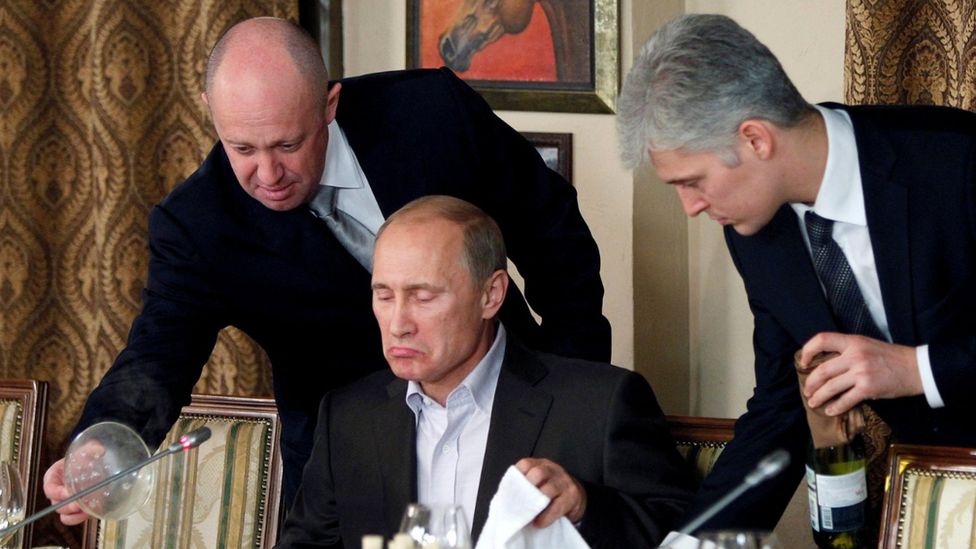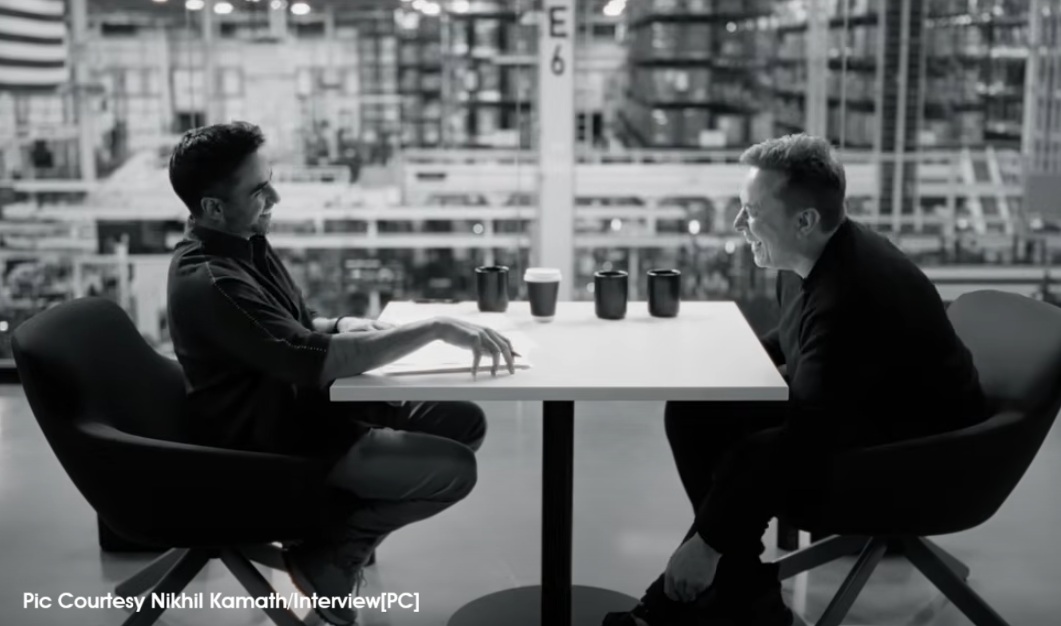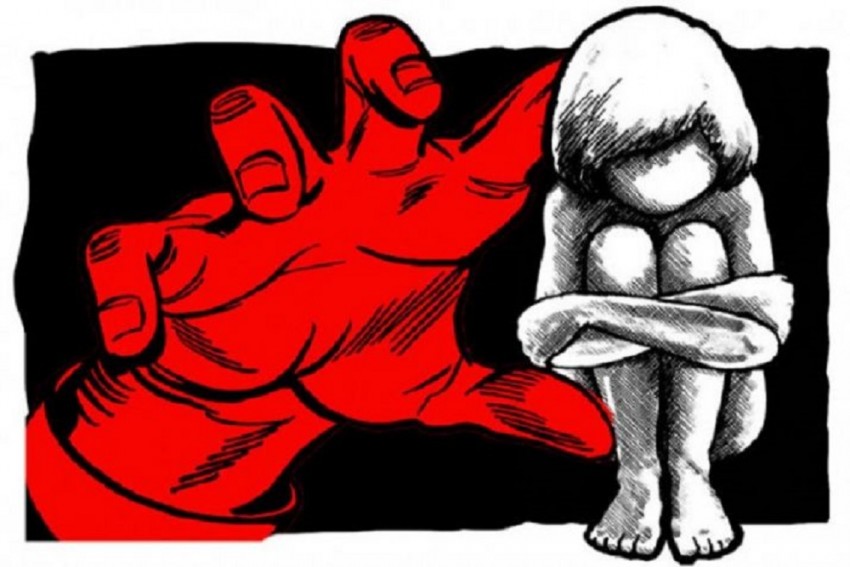
The Russia crisis has unfolded as tensions between Yevgeny Prigozhin, the head of the Wagner private militia group in Russia, and the country’s defense establishment have escalated. The situation reached a critical stage on Friday when Prigozhin made a bold declaration to seek revenge against Russian military leaders. He accused Defense Minister Sergei Shoigu of masterminding a missile strike that inflicted substantial casualties among his fighters.
The clash between Prigozhin and the defense establishment has led to a full-blown crisis, with serious implications. The Kremlin swiftly responded to Prigozhin’s allegations by denying any involvement in the attack and categorizing his actions as mutiny against the state. The developments have heightened tensions within Russia and sparked concerns about the stability of the nation’s military structure and internal security.
President Vladimir Putin now faces a significant challenge to his authority as the internal conflict intensifies. This challenge is comparable in magnitude to the troop deployment to Ukraine that occurred 16 months ago. In a televised address to the nation, Putin strongly condemned the rebellion led by the Wagner Group and its leader, labeling it as an act of “treason” and vowing severe repercussions.
To fully grasp the gravity of the situation, it is important to delve into the background of the Wagner Group, its involvement in Russia’s invasion of Ukraine, and the specific accusations of mutiny leveled against Yevgeny Prigozhin and his organization.
Established by Yevgeny Prigozhin in 2014, the Wagner Group once boasted a force of approximately 50,000 mercenaries, including many former prisoners, who actively participated in the conflict in Ukraine. Earlier this year, the United States officially classified the group as a transnational criminal organization. Consequently, Australia, Canada, Japan, the UK, and the European Union imposed sanctions on the group. The Wagner Group has been operating in various theaters of conflict across the Middle East, Africa, and Latin America, consistently facing allegations of grave human rights abuses.
Yevgeny Prigozhin, a 62-year-old Russian businessman with a controversial background, has gained the nickname “Putin’s chef” due to his catering companies’ contracts with the Kremlin and his close relationship with President Putin. Prigozhin’s connections extend beyond the culinary world and into the realm of politics and influence.
In the context of international affairs, American authorities have implicated Prigozhin in the operation of a troll farm known as the Internet Research Agency. This organization gained notoriety for its extensive interference in the 2016 US presidential election, with the aim of sowing discord and spreading disinformation. Prigozhin’s alleged involvement in these activities has added to his controversial reputation.
It wasn’t until 2022 that Prigozhin finally acknowledged his association with the Wagner Group. Prior to this admission, he had consistently denied any involvement with the private militia. The Wagner Group, as previously mentioned, has been engaged in various conflicts abroad and has faced accusations of human rights abuses.
Overall, Yevgeny Prigozhin’s persona as “Putin’s chef” reflects his close ties to the Russian president and his involvement in controversial ventures that have garnered international attention and scrutiny.
The once strong bond between Yevgeny Prigozhin and Russian President Putin’s military leadership has undergone a severe strain, particularly due to the escalating number of casualties suffered by Wagner Group members. Prigozhin has publicly voiced his grievances, squarely placing blame on the defense ministry for their alleged failure to offer sufficient support to his forces. He has employed provocative videos on social media platforms to draw attention to his claims.
In May, the tensions reached a boiling point when Prigozhin went as far as threatening to withdraw his troops from the ongoing operation unless they were provided with crucial supplies, including ammunition. However, he ultimately backed down from this ultimatum.
These developments highlight the deepening rift between Prigozhin and the military leadership, indicating a breakdown in trust and communication. The public accusations and confrontational approach taken by Prigozhin have added fuel to the fire, exacerbating the already strained relations between him and the defense ministry. The situation remains highly volatile and uncertain, with potentially far-reaching consequences for the internal dynamics within Russia.
The Wagner Group has played a crucial role in supporting Putin’s invasion of Ukraine by providing much-needed assistance. Despite Russia’s efforts to increase arms production, President Putin recently acknowledged that Russian forces fighting in Ukraine still lack advanced weaponry. With heavy losses, inadequately trained personnel, and insufficient equipment, Russia has heavily relied on the Wagner Group for its ground offensive. After more than 220 days of fighting, the group successfully captured the eastern Ukrainian city of Bakhmut.
Amidst the escalating crisis, Yevgeny Prigozhin has leveled accusations against Russia’s defense ministry, claiming that they launched a missile attack on a Wagner personnel camp. In an audio message, he stated that 25,000 of his men were ready to join forces with the army if met with resistance, with the aim of resolving the ongoing conflict. Reports have emerged suggesting that Prigozhin and his fighters have arrived in Rostov-on-Don, a city of strategic importance due to its military command base near the Russian-Ukrainian border. However, the accuracy of these reports remains unverified.
The conflict near the Russian-Ukrainian border is playing out here, adding to the tensions and uncertainty surrounding Yevgeny Prigozhin, the Wagner Group, and their strained relationship with the Kremlin..





